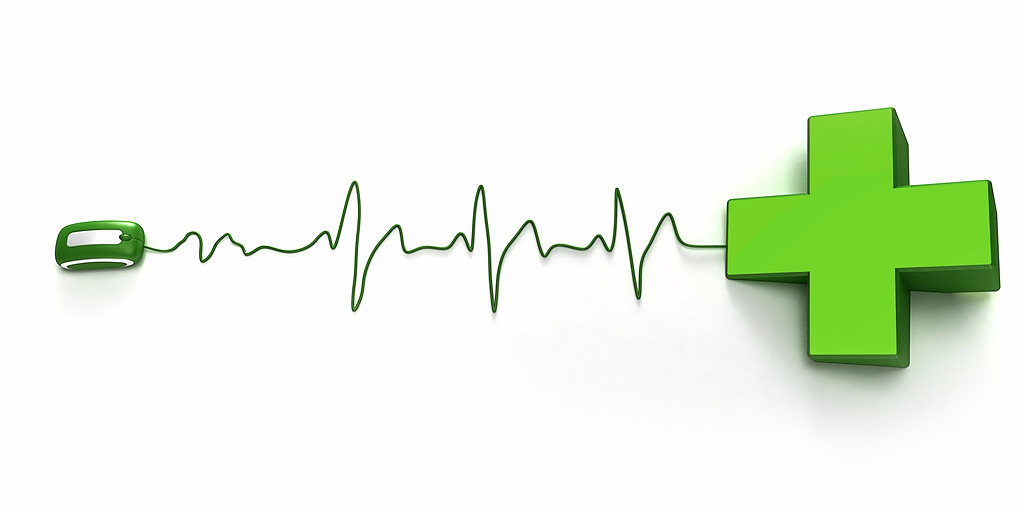In today’s digital world, many of people seek information about mental and physical health online. The internet can be an excellent source of information in this regard, but it is also ripe with inaccurate and potentially dangerous health information, particularly if the information purports to be diagnostic. Accuracy and reliability of internet-based information is also of great concern.
There are thousands of psychology, counselling, and medical websites. Some provide reliable health information. Some do not. Some of the medical news is current. Some of it is not. Choosing which websites to trust is an important step in gathering reliable health information.
Listed below are several strategies can help you search online for mental health information and evaluate it to be sure it is accurate and trustworthy.
- Start with a trusted health organization’s website.As a rule, health websites sponsored by government and mental health agencies are good sources of information. One helpful strategy for finding accurate health information online is to start your search on an existing health-focused website that is created and maintained by a health organization (e.g. the Mayo clinic, the American Psychological Association, the American Psychiatric Association).
- Who wrote the information? Authors and contributors are often, but not always, identified. If the author is listed, ask yourself—is this person an expert in the field? Does this person work for an organization and, if so, what are the goals of the organization? A contributor’s connection to the website, and any financial stake he or she has in the information on the website, should be clear.
- Is the health information written or reviewed by a healthcare professional? Dependable websites will tell you where their health information came from and how and when it was reviewed. When you are looking at online health information, a first step is to determine who the author is and whether that author has health credentials.
- Can you contact the organization or individual providing the information?Trustworthy websites will have contact information that you can use to reach the site’s sponsors or authors.
- Avoid websites that are replete with testimonials.Personal stories may be helpful and comforting, but not everyone experiences health problems the same way. Also, there is a big difference between a website, blog, or social media page developed by a single person interested in a topic and a website developed using strong scientific evidence.
- Look for and investigate the references or sources for the information provided.Health information websites will often provide citations or references that show where the information they are describing originally came from to support its accuracy.
- When was the information written, reviewed, and/or updated?The science of mental health changes quickly. If a website does not identify when each and every article or tip was last reviewed and updated, look elsewhere. If the information is more than a year old, you should look elsewhere.
- Research a second opinion.If the information on a website is accurate, that same information should be reflected on other websites as well. Just like asking for a second opinion from a medical specialist, you should examine three or four mental health information websites and confirm that the recommendations of each are similar. If not, don’t trust what you are reading.
- Be especially wary of sites that are selling supplements, foods or anything health-related that sounds too good to be true.
- Does the website clearly state a privacy policy?If a website says it uses “cookies,” your information may not be private. While cookies may enhance your web experience, they can also compromise your online privacy—so it is important to read how the website will use your information. If you are asked to share personal information, be sure to find out how the information will be used. Secure websites that collect personal information responsibly have an “s” after “http” in the start of their website address (https://) and often require that you create a username and password.
Learn More
For more information about technology and health, the following resources may be helpful.
- Keeping Kids Safe in Cyberspace. The Centre for Parenting Education. https://centerforparentingeducation.org/library-of-articles/kids-and-technology/keeping-kids-safe-in-cyberspace/
- How to Keep Your Personal Information Secure. to keep online personal information secure. Federal Trade Commission Consumer Information. https://www.consumer.ftc.gov/articles/0272-how-keep-your-personal-information-secure
- What Can You Do To Protect Your Data Online? Forbes. https://www.forbes.com/sites/quora/2018/05/07/what-can-you-do-to-protect-your-data-online/#663e39768e22
- The Intersection of Tech and Wellness. Huffington Post. https://www.huffingtonpost.com/linda-hardingbond/the-intersection-of-tech-_b_8964452.html
- A Complete Guide To Wearables And What They Can Be Used For. LifeHack. https://www.lifehack.org/articles/technology/complete-guide-wearables-and-what-they-can-used-for.html
- Wearable technology, reviews, and features. Wareable. https://www.wareable.com/













